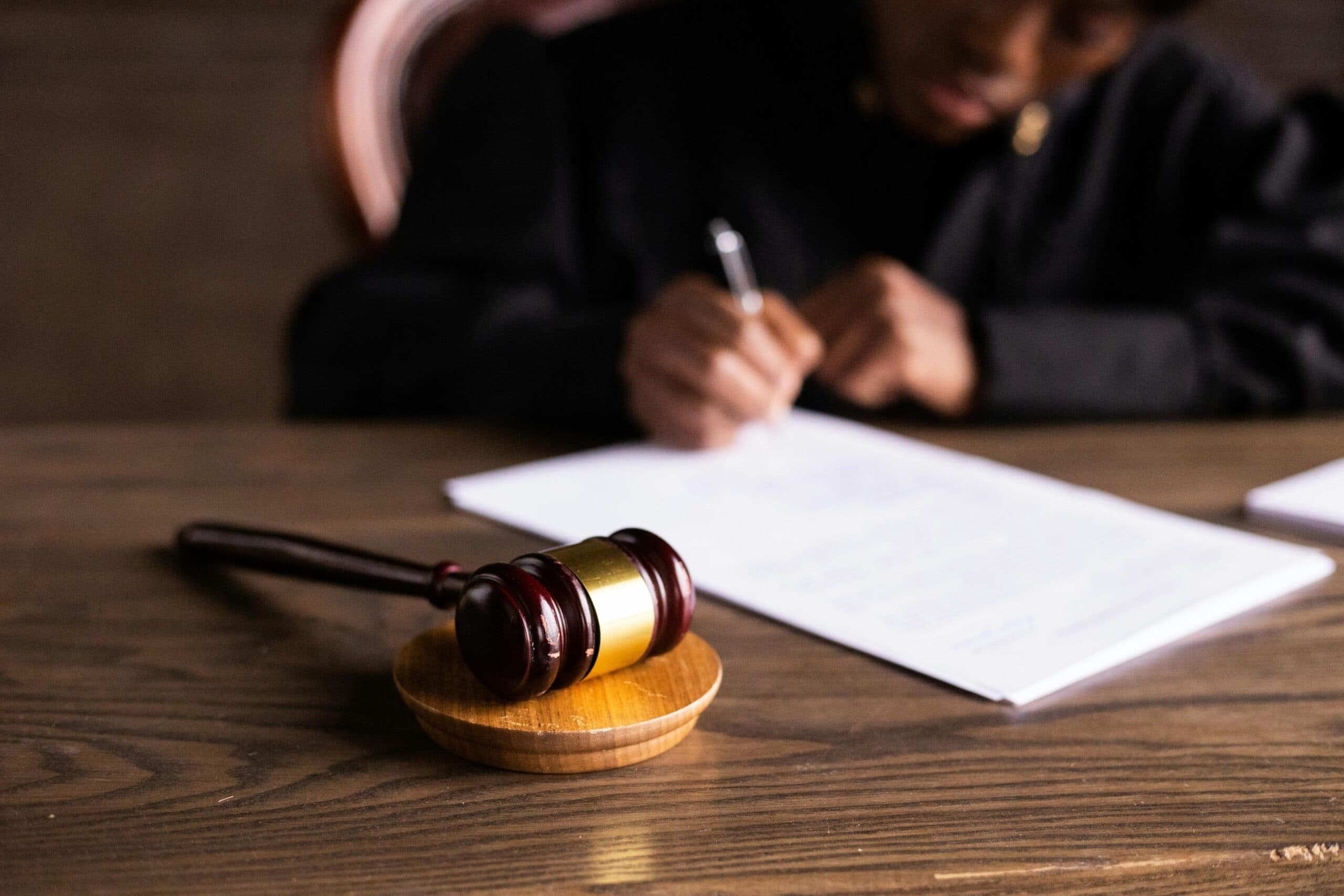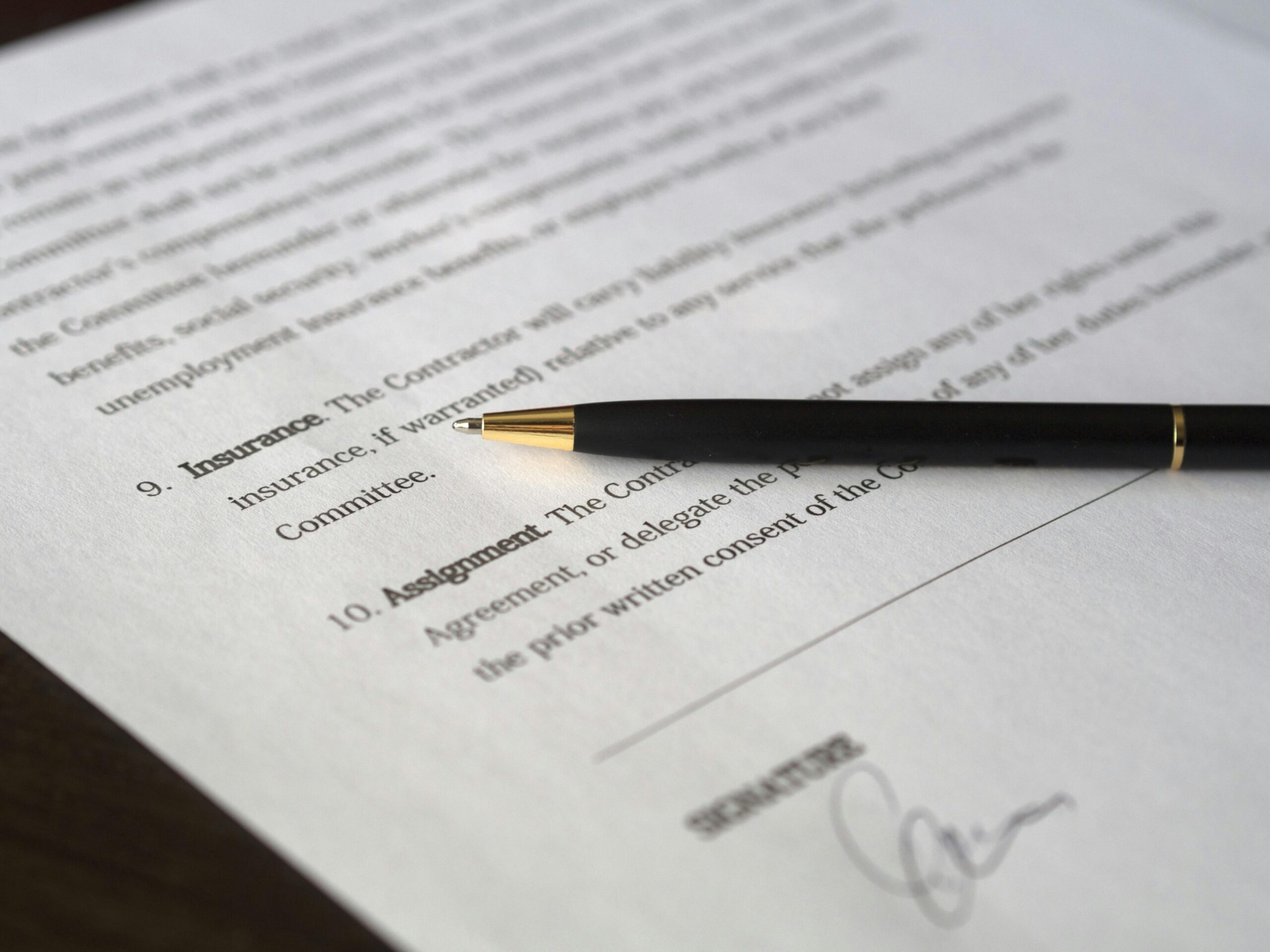
Imagine going about your day and wanting to get a ride to your destination. You’re riding in an Uber or Lyft vehicle, expecting a smooth trip, when suddenly—bam!—an accident occurs. Who’s responsible? How do you prove your injury claim? Can you trust insurance companies to offer a fair settlement? What legal points to provide in an Uber or Lyft accident case?
These are just a few of the questions that may race through your mind in the aftermath of a Lyft or Uber accident. Concerns regarding the at fault driver’s insurance, complications of insurance adjusters and the age of the Uber driver are all valid concerns in such rideshare accident cases, this article covers everything you need to know.
Why Understanding Uber and Lyft Accidents Matters
Completing the legal process after an Uber accident or Lyft accident isn’t as straightforward as dealing with a regular car accident. With multiple parties involved—including the rideshare driver, the rideshare company, and other motorists—determining liability can feel overwhelming. But don’t worry.

10 Legal Points to Prove in an Uber or Lyft Accident Case for Success
We will discuss the main 10 legal points to provide in an Uber or Lyft accident for your reference. With this info, you can build a strong case and improve your chances of getting maximum compensation when you seek medical attention. This article can also help you if you want to become a rideshare driver but don’t know the legalities.
1. Understanding Liability in Uber or Lyft Accidents
Determining liability is key in a rideshare accident claim. You must prove who was responsible when the accident occurred. Multiple parties could be involved, including the rideshare driver, the rideshare company, or another motorist.
Insurance coverage depends on the insurance provider on the driver’s status at the time of the crash. Additionally, understanding comparative negligence laws in your state can help establish fault and determine how much compensation you can receive from the ride share driver.

2. Determining Driver Status and Its Impact on Liability
The rideshare accidents differ in terms of liability because multiple parties are generally involved. So, the liability depends on whether the Uber or Lyft driver was logged into the app.
a) Not logged in:
The driver’s personal insurance applies, and the rideshare company is not liable.
b) Logged in but no ride request:
Lyft’s insurance or Uber’s insurance provides limited coverage up to $50,000 per person and $100,000 per accident.
c) Engaged in a ride request:
The rideshare company’s insurance offers up to $1 million in liability coverage, which can significantly impact compensation.

3. Identifying Liable Parties: Driver, Company, or Both
To get fair compensation, you need to identify the at-fault driver and all responsible parties. Rideshare companies try to limit liability, arguing rideshare drivers are independent contractors.
However, an experienced personal injury attorney can challenge this in personal injury cases by proving the company’s involvement in driver actions, training, or background checks.
The rideshare accident attorney can look into the case from a legal POV and get the necessary compensation.
4. Gathering Evidence to Support Your Claim
Proper documentation strengthens your injury claim. It reduces the chance of your case getting dismissed initially and increase the chance of getting a good payout from the incident. After a rideshare accident, take these steps:
- Capture the accident scene with photos and videos from different angles.
- Collect witness statements and contact details to support your version of events.
- Obtain a police report, as this official document is valuable evidence.
- Keep records of medical bills, lost wages, and any ongoing medical treatments. These are simple steps but can greatly impact your case. It ensures you get your desired compensation after a car accident lawyer presents your case in the court.
- They can share the details of the car accident ensuring your chances of getting compensation helps.
5. Documenting the Accident Scene and Injuries
Having the right documents after an accident can also be a great way to increase your chances of a successful Uber or Lyft accident case. However, most people rush through these steps, missing out on crucial documentation.
Right after an Uber or Lyft accident, here’s what you need to document:
- Vehicle damage to all involved vehicles.
- Visible injuries from the crash, including cuts, bruises, and fractures.
- Any skid marks or debris at the accident scene to help reconstruct events.
- The rideshare vehicle’s interior and exterior damage.
- Weather and road conditions, which could contribute to proving liability.

6. Collecting Witness Statements and Contact Information
Eyewitnesses strengthen your rideshare accident claim. Get their names, phone numbers, and accounts of what they saw. Their testimony can support proving liability against the rideshare driver or another party.
Independent witnesses are particularly valuable, as their statements carry more weight than biased accounts from involved parties. So, make sure to find them and get their statements recorded as required.
Moreover, if there’s an Uber or Lyft harassment case involved, you might need to take things differently. But you can always seek guidance on this from an experienced personal injury attorney for better understanding.
7. Proving Negligence and Causation
To win a personal injury claim, you must prove:
- The rideshare driver or another party owed you a duty of care.
- Their negligence caused the rideshare accident, such as reckless driving, speeding, or distracted driving.
- You suffered injuries and financial losses as a direct result of the crash.
- Evidence, such as dashcam footage, police reports, and accident reconstructions, supports your claim.

8. Establishing the Duty of Care and Breach
All drivers, including Uber or Lyft drivers, must follow traffic laws and drive responsibly. If they fail to do so by speeding, texting while driving, running red lights, or driving under the influence, they breach their duty of care.
Proving this breach is essential for holding the at-fault driver accountable and securing fair compensation. It also shows you as a victim and a truly affected party, increasing chance of a higher compensation in the long run.
9. Demonstrating Causation and Damages
Your injury claim must link the rideshare accident to your injuries sustained. Insurance companies may argue pre-existing conditions caused your injuries, so you need strong medical evidence. Steps to take:
- Seek immediate medical attention to document injuries.
- Keep records of medical expenses, physical therapy, and follow-up treatments.
- Work with medical experts who can testify that the accident caused your injuries.
- Use pain journals to document daily struggles and emotional trauma from the crash.

10. Calculating Damages and Compensation
Your compensation should cover medical bills, lost wages, pain and suffering, and any future expenses. Rideshare accident victims should work with an experienced attorney to ensure they get the maximum compensation possible. Factors affecting settlement value include:
a) Severity of injuries:
Permanent disabilities or long-term injuries increase compensation.
b) Lost income:
Compensation should include lost wages and reduced earning capacity.
c) Pain and suffering:
Emotional distress, PTSD, and lifestyle changes matter.
d) Punitive damages:
If gross negligence, such as DUI, is involved, additional compensation may apply.

Why Legal Representation Matters
Filing an Uber accident claim can be complex. Rideshare insurance policies are difficult to navigate, and insurance companies often minimize payouts. A skilled rideshare accident attorney can protect your rights and help you secure a fair settlement.
However, here are our 15 questions to ask before hiring an Uber or Lyft lawyer for your case. This can help you filter through several firms and professionals and find the right attorney.
Final Thoughts
If you were in an auto accident involving an Uber or Lyft vehicle, seek a free consultation with an experienced personal injury lawyer today. Having strong legal representation ensures you don’t settle for less than you deserve.
Fight Your Uber Or Lyft Accident Case With BLG
Our professionals at Bourassa Law Group know how crucial the right steps after an Uber or Lyft accident case. Our ride share lawyers will take care of your case, ensuring you get the right outcome each time. You can start by sharing your case with our lawyers now.




